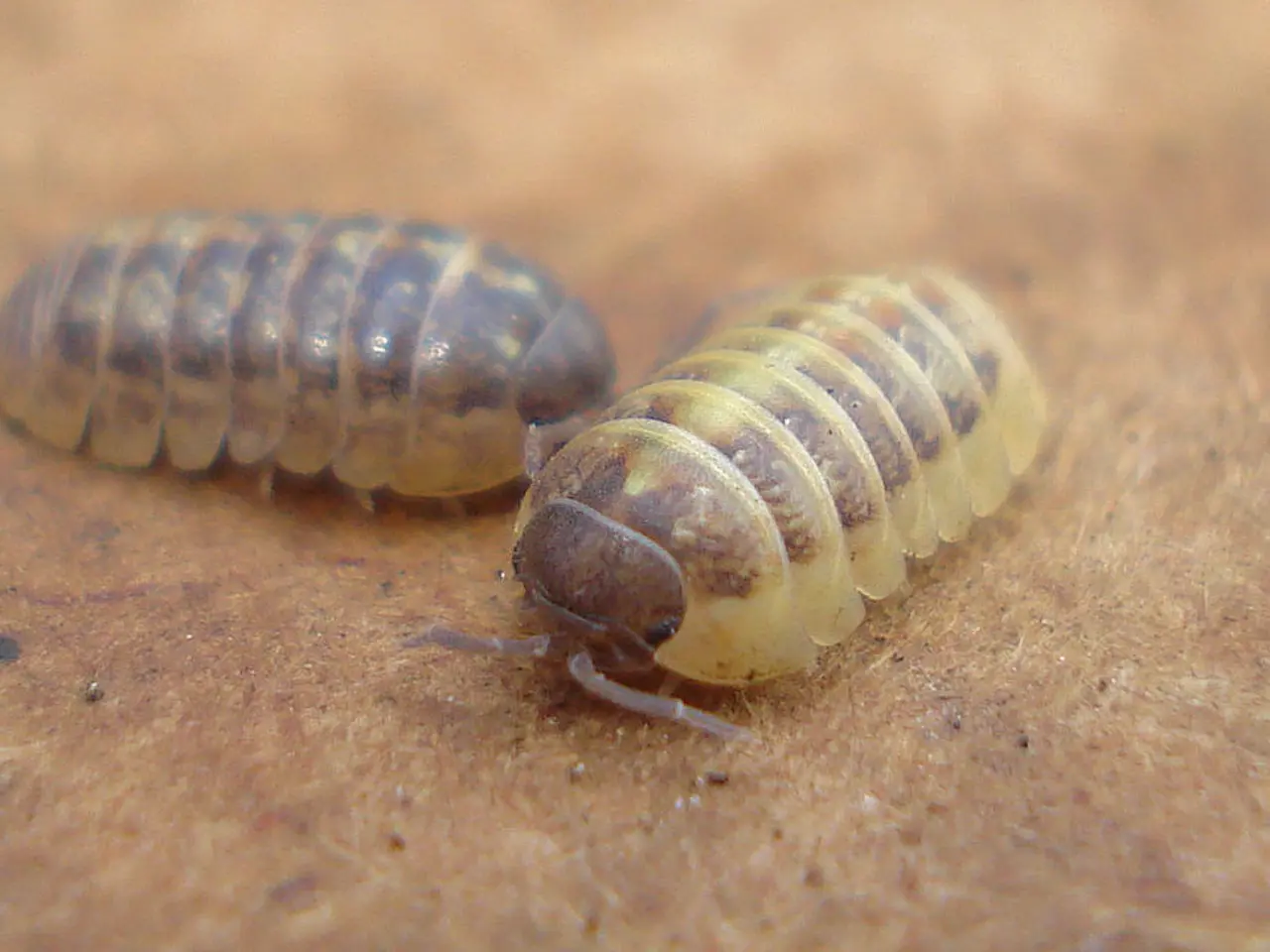Preparing for a Crisis: DIY Pest Extermination Strategies
Homeowners can take several steps to prevent and manage pest infestations, ensuring a pest-free living environment. Here's a comprehensive approach to maintaining a clean, safe, and comfortable home.
Preventative Measures
- Cleanliness: Regularly clean your home, focusing on kitchen and dining areas where spills are common. Vacuum, sweep, mop floors, and clean surfaces to eliminate food particles and debris.
- Proper Food Storage: Store food in airtight containers and organize your pantry. Avoid leaving pet food out overnight and clean up spills immediately.
- Declutter: Reduce clutter, especially in storage areas like basements, attics, and garages. This helps eliminate hiding places for pests.
- Garbage Management: Dispose of garbage regularly and use trash cans with tight-fitting lids. Keep outdoor trash cans away from your home's walls.
- Control Moisture Levels: Fix leaks, use dehumidifiers in damp areas, ensure good ventilation, and maintain gutters to prevent water accumulation around your home.
- Landscaping and Yard Maintenance: Keep plants trimmed, avoid overwatering, and remove debris to reduce pest habitats near your home.
Barriers and Deterrents
- Seal Entry Points: Inspect and seal cracks, crevices, or holes in walls, windows, and doors using weather stripping, caulking, etc.
- Natural Deterrents: Use essential oils like peppermint, tea tree, and lavender to repel pests. Other household items like vanilla extract and garlic can also be effective repellents.
- DIY Supplies: Utilize diatomaceous earth, sticky traps, or bait stations to deter pests.
- Professional Assistance: If necessary, consider hiring a pest control professional for more severe infestations.
Immediate Actions During Infestations
- Identify Signs: Look for droppings, damage, or visible pests to guide your response.
- Seal Entry Points: Quickly seal all entry points to prevent further infestation.
- Clean Thoroughly: Clean affected areas thoroughly and remove food sources and clutter.
- Implement Natural Deterrents: Use natural repellents and traps to manage existing pests.
By following these methods, you can effectively prevent pest infestations, manage them when they occur, and maintain a pest-free home environment.
Remember to keep this information in an easy-to-find place for quick access during a pest emergency. Research local pest control companies by asking friends or neighbors for recommendations, looking online for reviews and ratings, and comparing prices and services. Keeping your home clean and free from pests can help you enjoy peace of mind.
Lastly, have emergency contact information ready, such as a list of local pest control companies and your neighbors' numbers. Regular inspections, sealing entry points, researching emergency pest control companies, and having emergency contacts ready are essential for maintaining a pest-free home. Additionally, keep track of any new potential entry points and address them promptly.
A commitment to maintaining a clean and organized home-and-garden lifestyle, paying special attention to landscaping and yard maintenance, can help prevent pest infestations. Decluttering, proper food storage, and sealing entry points into your home are key preventative measures. On the other hand, a lifestyle that appreciates the power of nature can be utilized to manage pests, as essential oils and household items like garlic and vanilla extract can be used as natural deterrents.




